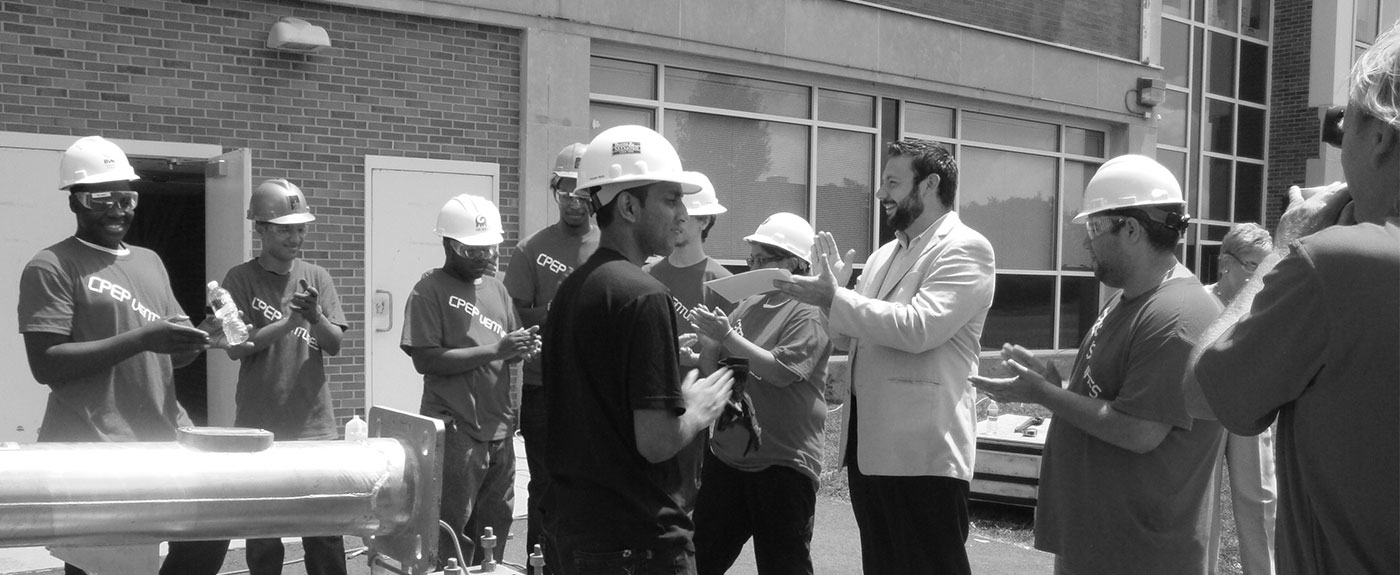2021 Session Focused on Workforce Development

The 2021 legislative session focused sharply on workforce development.
Prompted by the Governor’s Workforce Council’s 2020 Strategic Plan and the COVID-19 pandemic recovery, legislative committees—including Commerce, Higher Education and Education Committees—focused on integrating strategies, beginning at the K-12 level and building through the post secondary education and training levels.
Those three committees passed a series of bills, most notably SB881.
Introduced by the Governor’s Office, this bill originally created the Office of Workforce Strategy as a stand alone entity responsible for coordinating and aligning the needs of the state’s workforce between industry, state agencies, and the Strategic Workforce Plan.
The bill also included provisions to create a credential registry, expansion of the CTPass for individuals in training or educational programs to access reliable, free or discounted transportation, increased reporting requirements by businesses to the Department of Labor, requirement for student success plans at the K-12 level, and the Automatic Admissions Program for Connecticut graduating seniors who were in the top percentile of their class.
Split Proposals
Due to the expansive and wide array of policy areas in this legislation, it was split into three bills:
- SB 881, which retained the higher education provisions
- SB 1032, which contained the K-12 provisions
- HB 6689, the new, two-year state budget, which included the creation of the Office of Workforce Strategies in a diluted form
CBIA worked closely with affiliate organization ReadyCT to ensure the K-12 components provided the maximum benefit to students and aid in addressing future workforce needs.
SB 1032 passed both chambers and now awaits the Governor’s signature.
While SB 881 did not pass the House, the content of the bill will likely make it into the highly anticipated budget implementer bill that will need to be passed in the special session.
Additional efforts were included in the budget to encourage workforce development.
Additional Measures
Additional bills that passed the legislature this year that CBIA supported include:
- SB 193: Require the Board of Regents for Higher Education and the Board of Trustees of the University of Connecticut to each conduct a study assessing whether the workforce needs of the insurance industry are met by the programs of study offered by the public institutions of higher education under each board’s governance.
- SB 1021: Creates a manufacturing technology working group—led by CBIA affiliate CONNSTEP—to ensure that manufacturers in the state have a clear road map for the lean application and integration of Industry 4.0 technology into their product development and production processes.
- HB 6121: Requires the Department of Economic and Community Development to incorporate into the state workforce strategy a plan to establish a workforce development pipeline program for persons with disabilities, incentivizing businesses to provide training programs, offer modified interviews, and reserve market-rate, full-time jobs for persons with disabilities. The plan shall be developed no later than Nov. 1, 2021, and implemented no later than July 1, 2022.
Missed Opportunities
The committees also made laudable efforts to promote bills that CBIA strongly supported, but that did not make it through the legislative process, including:
- SB 711: Exempted PPE from the sales and use tax as a result of COVID-19 for small businesses (100 employees or less) until July 1, 2023.
- HB 5668: Required the Office of Higher Education to establish a pilot program to develop a virtual platform on which state residents can earn microcredentials.
- HB 6406: Exempted workforce development training programs from the state sales tax.
- HB 6407: Allowed an active military member spouse with an out-of-state license to sit for in-state license exams if they held the license in good standing for one year in another state.
- HB 6445: Allowed any individual with an out-of-state license to sit for in-state license exams if they held a license in good standing for at least three years in another state.
CBIA, while disappointed these measures were not passed by the legislature, will continue to advocate for these policies in the special session and the 2022 session, as well as work throughout the year to further develop these concepts with member company engagement.
For more information, contact CBIA’s Ashley Zane (860.244.1169) | @AshleyZane9.
RELATED
EXPLORE BY CATEGORY
Stay Connected with CBIA News Digests
The latest news and information delivered directly to your inbox.


